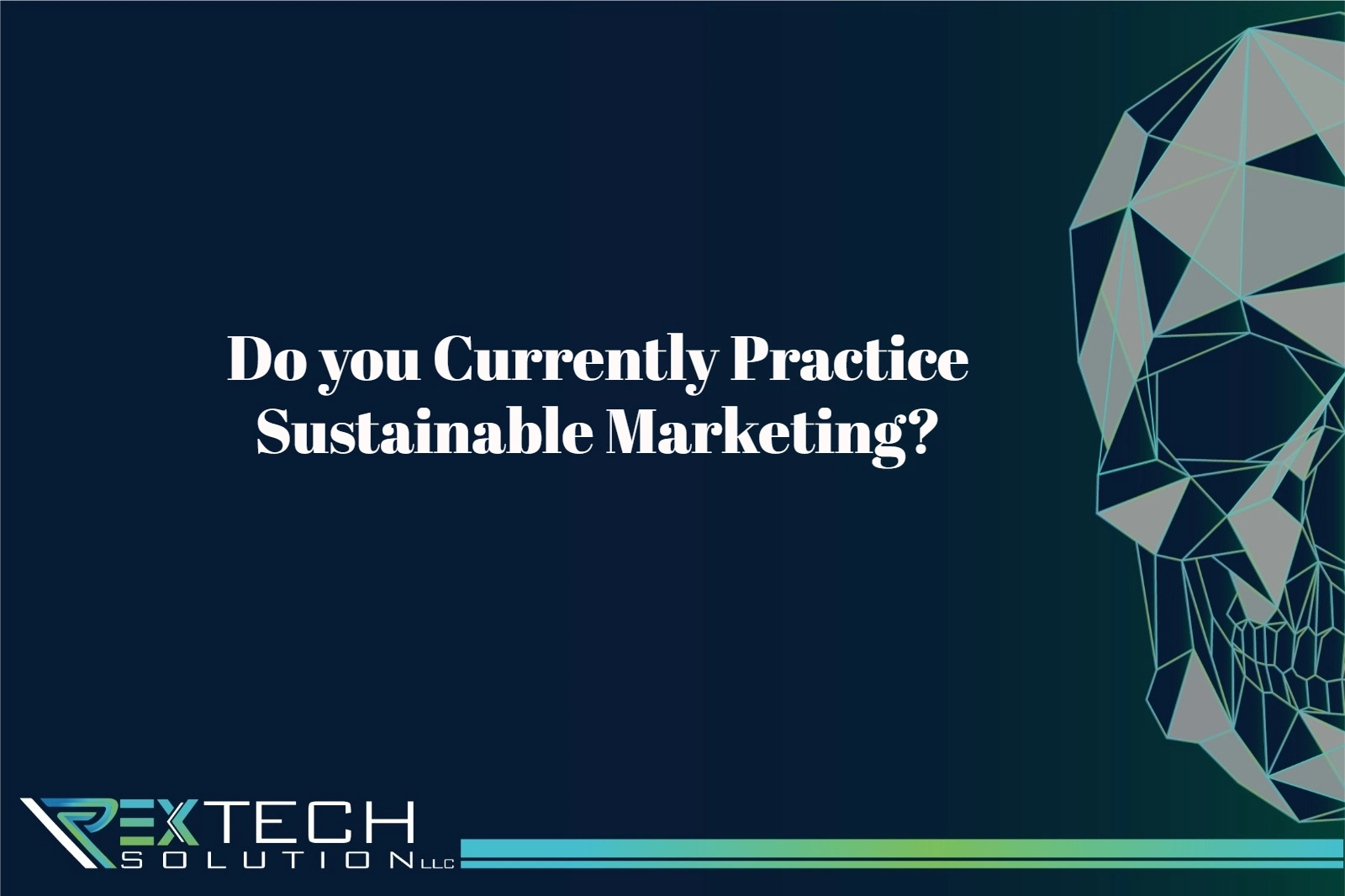In the ever-evolving landscape of business, one term has become increasingly prevalent: sustainable marketing. As the global community becomes more aware of the environmental and social impacts of consumerism, businesses are under mounting pressure to adapt their practices. This adaptation isn’t solely driven by a desire to appease regulatory bodies or to capitalize on market trends; it’s a fundamental shift towards a more conscientious and responsible approach to commerce. In this extensive guide, we will delve into the intricacies of sustainable marketing, exploring its nuances, its importance, and actionable strategies for its implementation.
Understanding Sustainable Marketing
Sustainable marketing, often interchangeably referred to as green marketing or eco-marketing, is more than just a trend; it’s a philosophy that permeates every aspect of a company’s operations. At its core, sustainable marketing seeks to balance profitability with environmental stewardship and social equity. It’s about more than just minimizing harm; it’s about actively contributing to positive change.
Consider the three pillars of sustainable marketing:
- Environmental Conservation: This aspect focuses on reducing the ecological footprint of business activities. It involves measures such as adopting renewable energy sources, minimizing waste generation, and utilizing sustainable materials in production processes.
- Social Responsibility: Beyond environmental concerns, sustainable marketing addresses social issues such as fair labor practices, human rights, and community development. Brands that prioritize social responsibility demonstrate empathy and integrity, fostering trust and loyalty among consumers.
- Economic Viability: While sustainability is often associated with environmental and social considerations, it’s crucial to recognize its economic dimension. Sustainable practices can lead to cost savings through efficiency improvements, risk mitigation, and enhanced brand value, ultimately contributing to long-term profitability.
Importance of Sustainable Marketing
The significance of sustainable marketing extends far beyond mere corporate responsibility; it’s a strategic imperative for businesses looking to thrive in the 21st century. Here’s why:
- Consumer Preferences: Today’s consumers are increasingly discerning, gravitating towards brands that reflect their values. Studies consistently show that a significant portion of consumers are willing to pay a premium for products and services from environmentally and socially responsible companies. By aligning with consumer values, businesses can gain a competitive edge and foster brand loyalty.
- Regulatory Compliance: Governments around the world are enacting stricter regulations aimed at curbing environmental degradation and promoting social welfare. By proactively embracing sustainable practices, businesses can ensure compliance with existing regulations and mitigate the risk of penalties or reputational damage associated with non-compliance.
- Risk Mitigation: Sustainability isn’t just about capitalizing on opportunities; it’s also about managing risks. Businesses that fail to address environmental and social issues face potential risks such as supply chain disruptions, legal liabilities, and reputational harm. By integrating sustainability into their operations, companies can identify and mitigate these risks, enhancing their resilience in an uncertain world.
Practical Strategies for Sustainable Marketing
Implementing sustainable marketing initiatives requires a multifaceted approach, encompassing various strategies tailored to the unique needs and circumstances of each business. Here are some practical strategies to consider:
- Product Innovation: Develop innovative products and services that address specific environmental or social challenges. This could involve incorporating sustainable materials, redesigning products for durability and recyclability, or introducing eco-friendly packaging solutions.
- Supply Chain Optimization: Assess your supply chain to identify opportunities for improvement, such as sourcing raw materials from ethical suppliers, reducing transportation emissions, and optimizing production processes for efficiency. Collaboration with suppliers is essential to ensure alignment with sustainability goals throughout the supply chain.
- Stakeholder Engagement: Engage with stakeholders, including employees, customers, suppliers, and community organizations, to foster collaboration and collective action towards sustainability. By soliciting feedback and involving stakeholders in decision-making processes, businesses can build trust and generate support for their sustainability initiatives.
- Transparent Communication: Communicate transparently about your sustainability efforts, providing clear and credible information to consumers about the environmental and social impact of your products and operations. Use labeling, certifications, and reporting mechanisms to enhance transparency and accountability.
- Employee Empowerment: Empower your employees to contribute to sustainability efforts by providing training, resources, and incentives. Foster a culture of sustainability within your organization, encouraging employees to identify opportunities for improvement and implement innovative solutions.
- Continuous Improvement: Sustainability is an ongoing journey, not a destination. Continuously monitor and evaluate your sustainability performance, setting ambitious goals and striving for continuous improvement. Regularly review and update your sustainability strategy in response to changing market dynamics, stakeholder expectations, and emerging sustainability trends.
Suggested Read: Green Marketing: Promoting Sustainable Practices for a Better Future
In conclusion, sustainable marketing is more than just a buzzword; it’s a strategic imperative for businesses seeking long-term success in a rapidly changing world. By embracing environmental and social responsibility, companies can not only enhance their brand reputation and competitive advantage but also contribute to positive societal and environmental outcomes. Whether through product innovation, supply chain optimization, or stakeholder engagement, every step towards sustainability brings us closer to a more equitable, resilient, and sustainable future.

